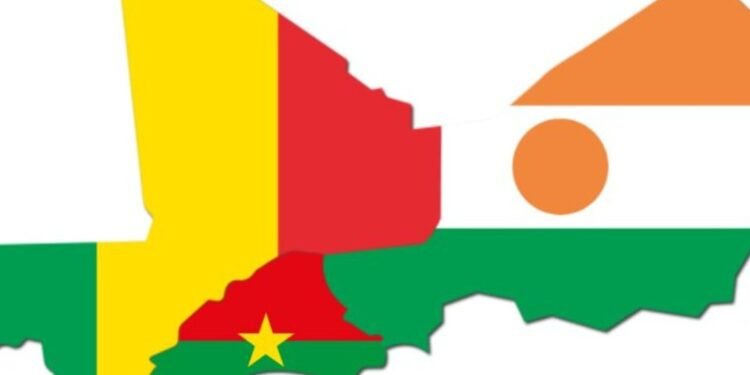NIAMEY, Niger (BG) — Burkina Faso, Mali, and Niger have announced their withdrawal from the Organisation Internationale de la Francophonie, a striking move that highlights a shift in geopolitical dynamics.
The OIF, established to promote the French language and Francophone cultural values, has long symbolized France’s enduring influence in its former colonies.
The decision by these three nations, formalized through official statements in recent days, signals a bold step toward reducing that influence amid rising political tensions and a push for greater sovereignty.
Their exit follows their withdrawal from the Economic Community of West African States (ECOWAS) in January 2025.
Before leaving ECOWAS, they formed the Alliance of Sahel States (AES), a bloc aimed at strengthening security and economic cooperation.
The move has been widely criticized by global powers, who see it as a destabilizing shift away from traditional alliances.
Many citizens in Mali, Burkina Faso and Niger have embraced the decision, viewing it as a necessary step toward self-determination.
Supporters argue that their military-led governments are restoring national pride and breaking free from external control.
Mali, Burkina Faso and Niger have faced significant internal challenges in recent years, including military coups and insurgencies, which have strained relations with France.
Once seen as a stabilizing force, the French military presence has increasingly been criticized as neocolonial interference.
In response, the Sahel states have pivoted toward new allies like Russia, accusing Paris of failing to address security threats effectively.
Leaders such as Burkina Faso’s Captain Ibrahim Traoré have framed these moves as reclaiming national sovereignty.
Withdrawing from the OIF is a symbolic yet potent rejection of the linguistic and cultural ties that have bound these nations to their former colonizer.
The decision raises questions about the future of Francophone unity in Africa. The OIF, which has 88 member states and observers, has served as a platform for cooperation on education, economic development and cultural exchange.
For these three nations, the alliance appears to have outlived its utility. Local languages and regional identities may now take precedence as they redefine their place on the global stage.




